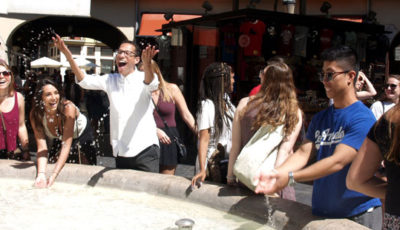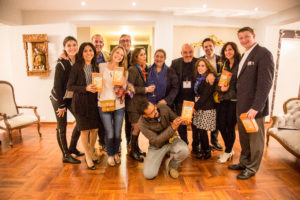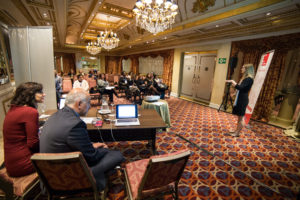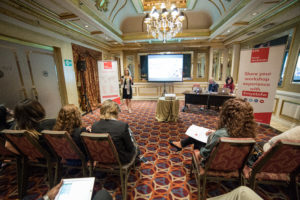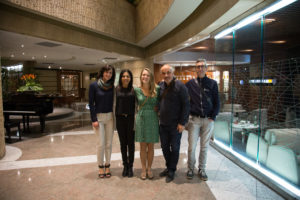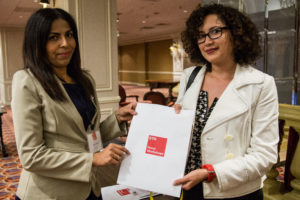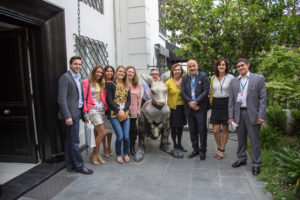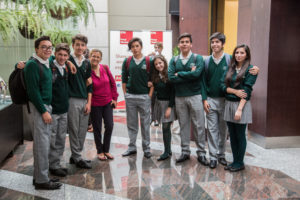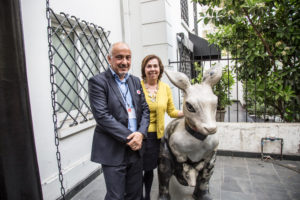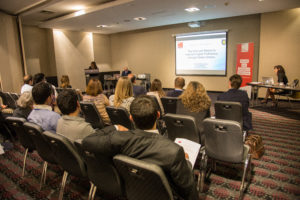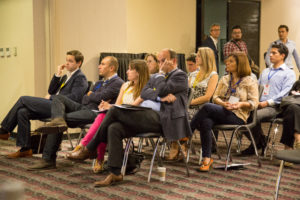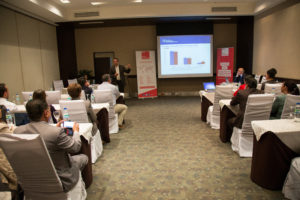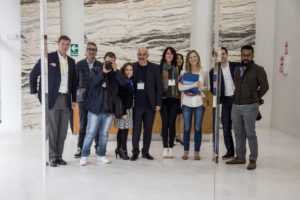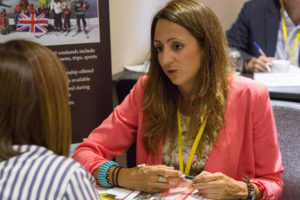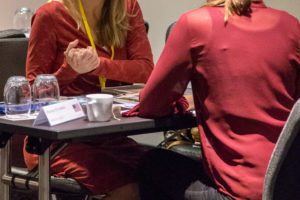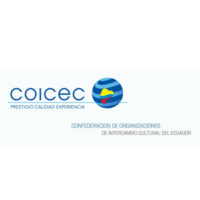The Data is False: Your Students Are Not Telling The Whole Truth (And it’s not their fault!)
Take a look at the feedback you receive from your international students. The data looks nice doesn’t it? All those ⅘ stars and positive reviews, with less than 10%of people falling behind the curve and reporting a below-average experience.
Well, these are mostly lies.
Why?
After a while, memory in general is not presenting the real experience
Our minds work to make explanations about things that happen to us. Due to this instinct, we tend to distort our memories in order to fit those explanations. People seek to rationalize and try to fit in boxes their minds make up. That is why after some time, with few exceptions, most of us just vaguely recall exact thoughts or feelings about specific situations. If you need a more in-depth explanation, check out Predictably Irrational by Dan Ariel or works by other behavioural phychologists.

How can you solve this? Ensure a way to offer instant feedback – maybe via a hashtag on Twitter or Instagram? Social media is a great tool here – every student has a smartphone and an opinion. Invite people to share what happened when it happened.
Feedback sessions happen just once in a semester
Are you familiar with this kind of situation? Feedback session comes at the end of semester, it’s a written assignment and it takes around 15 minutes. Now please tell us: how can a student remember if they were happy during their first weeks in class? Is it possible to remember a specific discussion they were having with a teacher in the third lecture of a subject? In general, how is it possible to take a step back and reflect if you don’t give students the opportunity to learn during their time on campus?
How can you solve this? Make frequent as well as varied feedback sessions. They can be in the form of written questionnaires, group discussions, online forms, walking exercises or even meditation.
Feedback is mostly about filling in a questionnaire
 Developmental psychologist Howard Gardner has sorted intelligence into various types using criteria such as spatial or logical thinking, interpersonal skills or linguistic intelligence. Following this theory, we can find different types of learners that prefer hearing, moving, writing, reading or other types of activities as their preferred method of understanding and learning.
Developmental psychologist Howard Gardner has sorted intelligence into various types using criteria such as spatial or logical thinking, interpersonal skills or linguistic intelligence. Following this theory, we can find different types of learners that prefer hearing, moving, writing, reading or other types of activities as their preferred method of understanding and learning.
Nevertheless, we collect feedback using just a couple of methods. Usually, we ask students to fill in a questionnaire or participate in a discussion. If we are aware that students and their talents actually cover such a wide spectrum, why don’t we allow them to reflect on their experiences using an adequately broad approach?
How can you solve this issue? Try to offer opportunities to reflect on past events via a variety of methods. Facilitate group discussions, free writing sessions, drawing or sculpting exercises or even an improvisation class. The actual feedback can come in the form in writing, but approaching the topic and getting results should be the outcome of various types of reflection.
There is no culture of trust
Trust is a prerequisite for providing sincere feedback. Truth comes out when there is open culture in place. When students and faculty members are sure that their words will not be twisted, that there will be no consequences for unconventional opinions and that such opinions will actually be heard, then they can speak their minds. Sharing sincere critique is possible only when students feel that their opinions are valued. Even better if they feel appreciated and see that solutions for their problems are arranged and implemented in reality.

One can say that anonymous feedback is just as good because students can open up without consequences. However, students want consequences! They want to see someone addresses their problems and values their opinions. Anonymity takes away that feeling of belonging and ownership. In their essence, anonymous surveys say: you are just another statistical unit and we will put your opinion together with everyone else’s. And then we will extract the average.
How can you solve this? Work on your university’s culture. Make community building your primary objective. Set up public open spaces for discussion. Organize mentoring systems between students and tutors, undergraduates, graduates and alumni. And, above all, make sure that both students and tutors voice their opinions and value their suggestions.
How do you make sure the feedback you gather about your university is sincere? Do you know if it actually reflects your international students’ opinions?
What kind of reflection methods do you use?
Let’s discuss in the comments!





